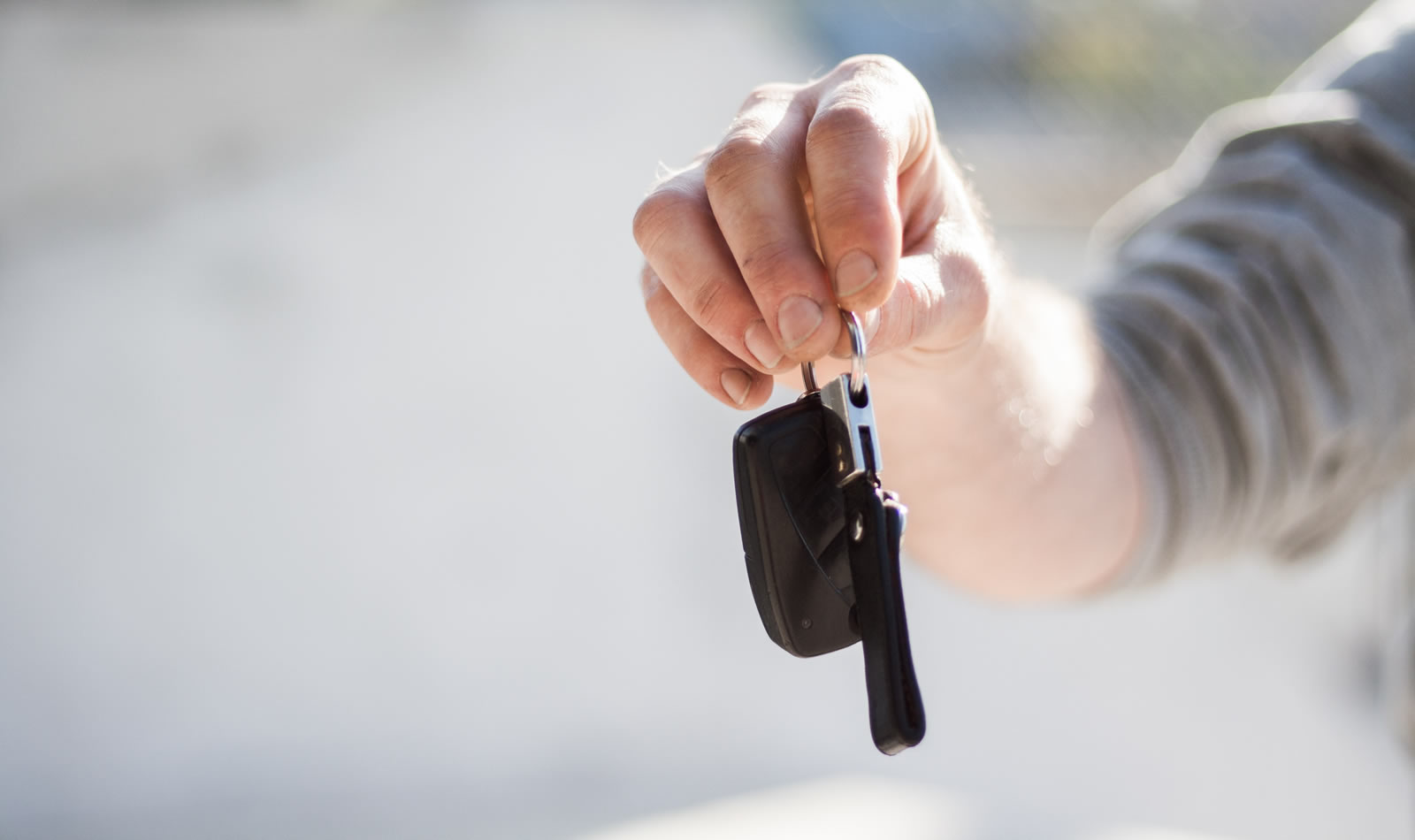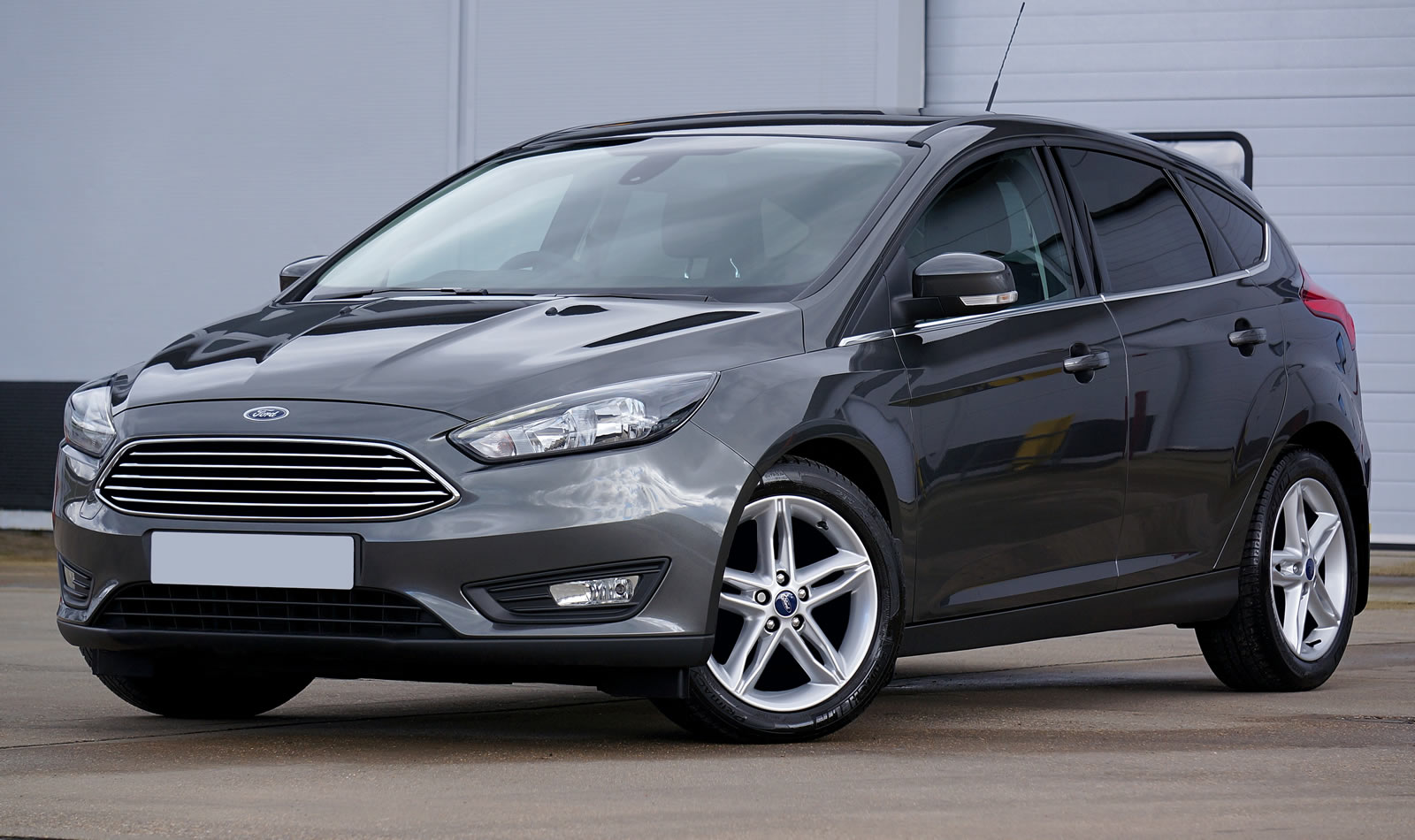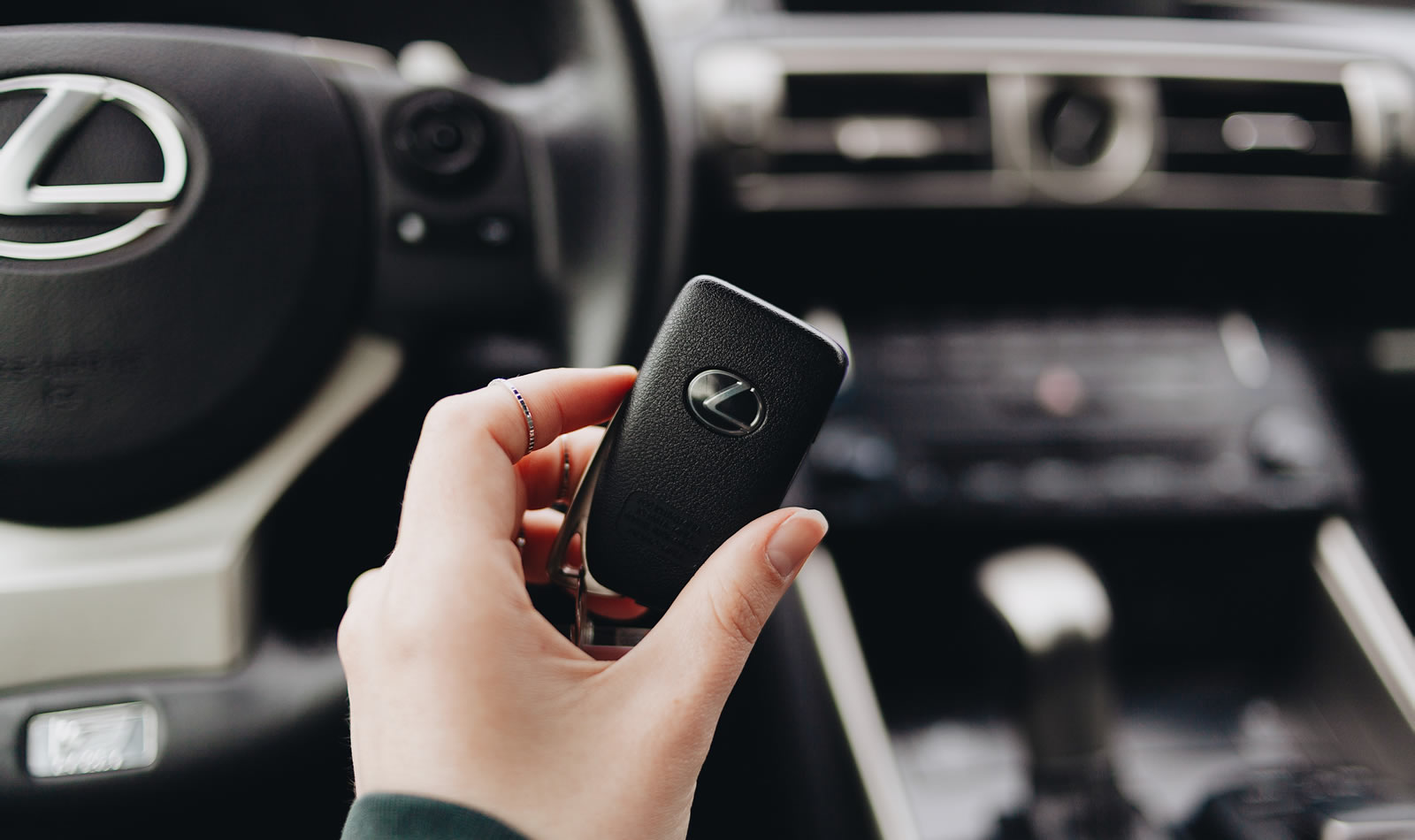
Is there such a thing as a no down payment auto loan in the car business? Usually, the answer is yes—if you have perfect credit. Most car dealers only want to work with people they trust, and who have a proven track record of making payments before they’ll even consider a no down payment auto loan. The down payment is not a form of protection—it’s a show of promise from a borrower to a car dealer or bank. If a person puts down $1,000 or $2,000 then it’s less likely that they will disappear, avoid payment, or bring back the car. That’s a huge personal investment they have made, showing their determination to keep payments regular.
Is Perfect Credit the Only Option?
No, there are actually a few different ways you might be able to get a no down payment deal. For example, if you have a newer model car to trade in, you might be able to use that as the down payment for a new contract. If you’re giving away your ride to work, then that is certainly a show of commitment to paying on time. Besides, even if you default the car owner would make some profit from the trade-in vehicle.
Some people cannot afford a high payment but can only guarantee medium-level payments ever week or every month. In addition, having a car that depreciates may cause some borrowers to second-guess on whether they want to invest a large amount of money, especially if they don’t plan on paying it off in full (but would rather trade it in later). In addition, many consumers would prefer to invest in appreciating securities, rather than a depreciating product—that’s basic math.
Private leasing is also a distinct possibility. In fact, you are more likely to get a good deal from someone who is NOT obligated to follow a corporate-written policy protecting against laws. Large dealerships and especially banks are paranoid about losing any money, and so have very specific policies for all employees to follow. Private individuals, as well as privately owned companies, can afford to take a greater risk.
What Kind of FICO Score Do I need?
There’s no question that when you’re shopping around the big name car lots in your area you’re going to need a FICO score of at least 700 or greater. Bear in mind that 850 is about the highest score attainable. That may be unrealistic for many people who are not middle class or above, and who struggle to make ends meet. Private lenders realize that if a person has perfect credit they would probably be shopping at more expensive and established, corporate-owned dealerships. Private lenders know that most consumers approaching a deal will not have perfect credit, and may have anywhere from fair to average to even bad credit.
This is why private lenders put greater focus on what OTHER indicators there are that this consumer really plans to pay back the loan. For instance, having no steady income, or steady place of residence, or no bank account, is definitely a sign that this is a very high risk debt—considering that the person could disappear at a moment’s notice.
On the other hand, a borrower who has worked at the same job for years and provided all contact information, as well as a borrower who has lived in the same house for a long time, might well be considered strong candidates for a loan. It’s easier to bank on them because it’s actually more unlikely that they will suddenly disappear, than to simply make payment.
At the same time, remember that auto dealers and lenders do have the right to repossess a vehicle if no payment is made over a long period of time, or if the borrower does not attempt to contact the lender for negotiation. Ultimately, the only type of consumer that is a real threat and a no-go, from the private lender’s perspective, is someone that has a history of trying to disappear, hide and avoid repossession.
The fact of the matter is that most people do not fit this profile. The majority of fair to bad credit consumers do have a job, do have a stable home and family, and are not what most private lenders would consider a major risk. Therefore, there is always a compromise to be made, and a deal that can be worked out.
Whether you have the money to make a large down payment, or can pay weekly or bi-weekly payments, there is always an option that both parties can explore.















